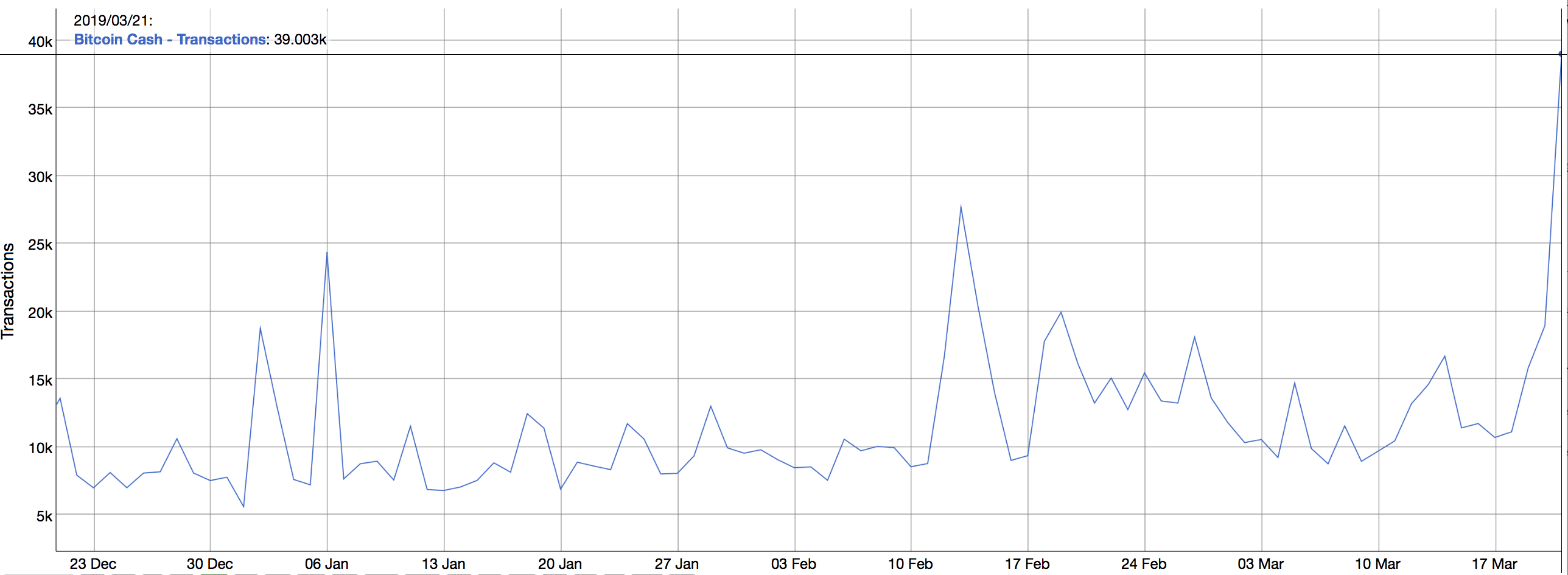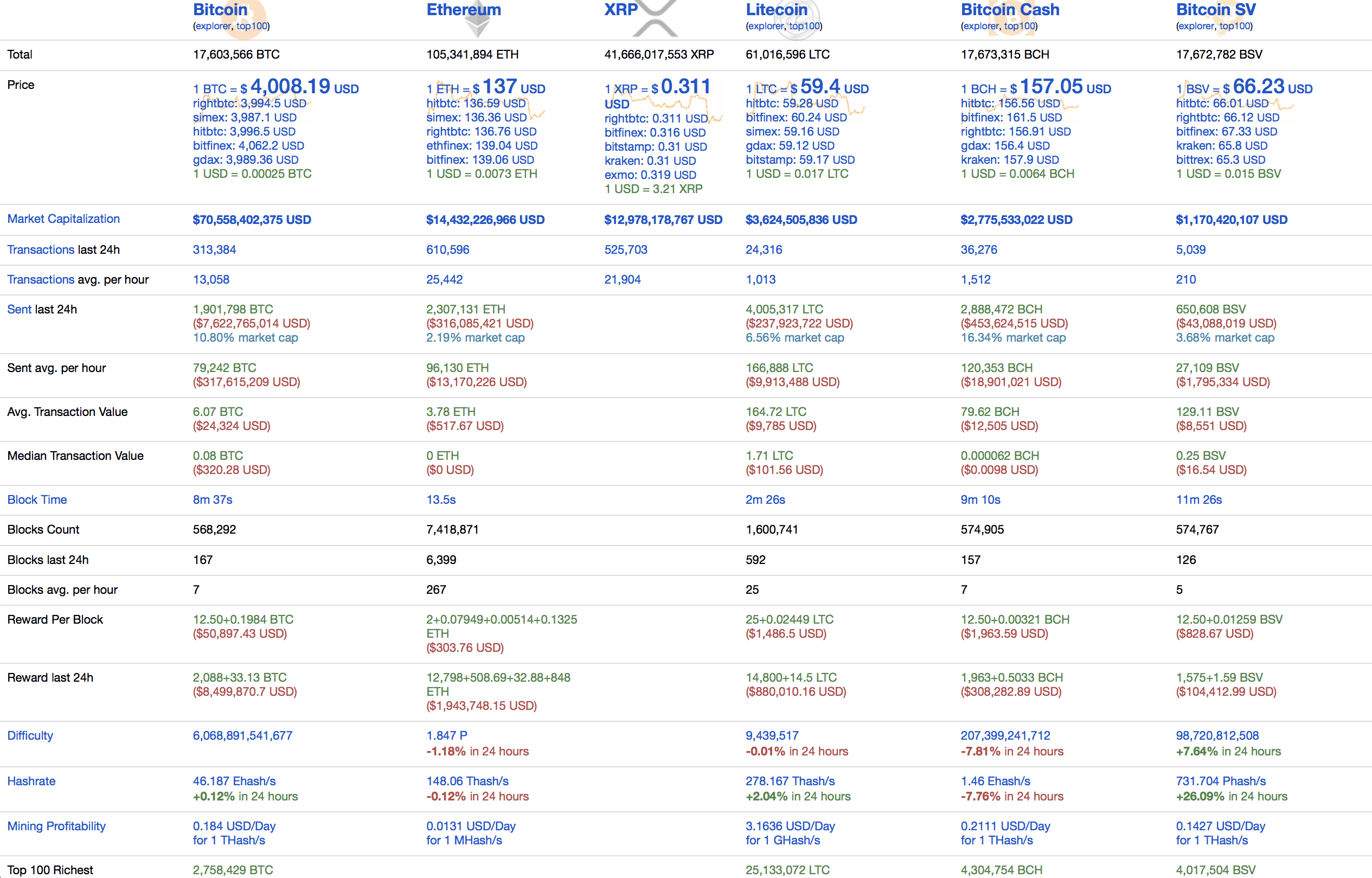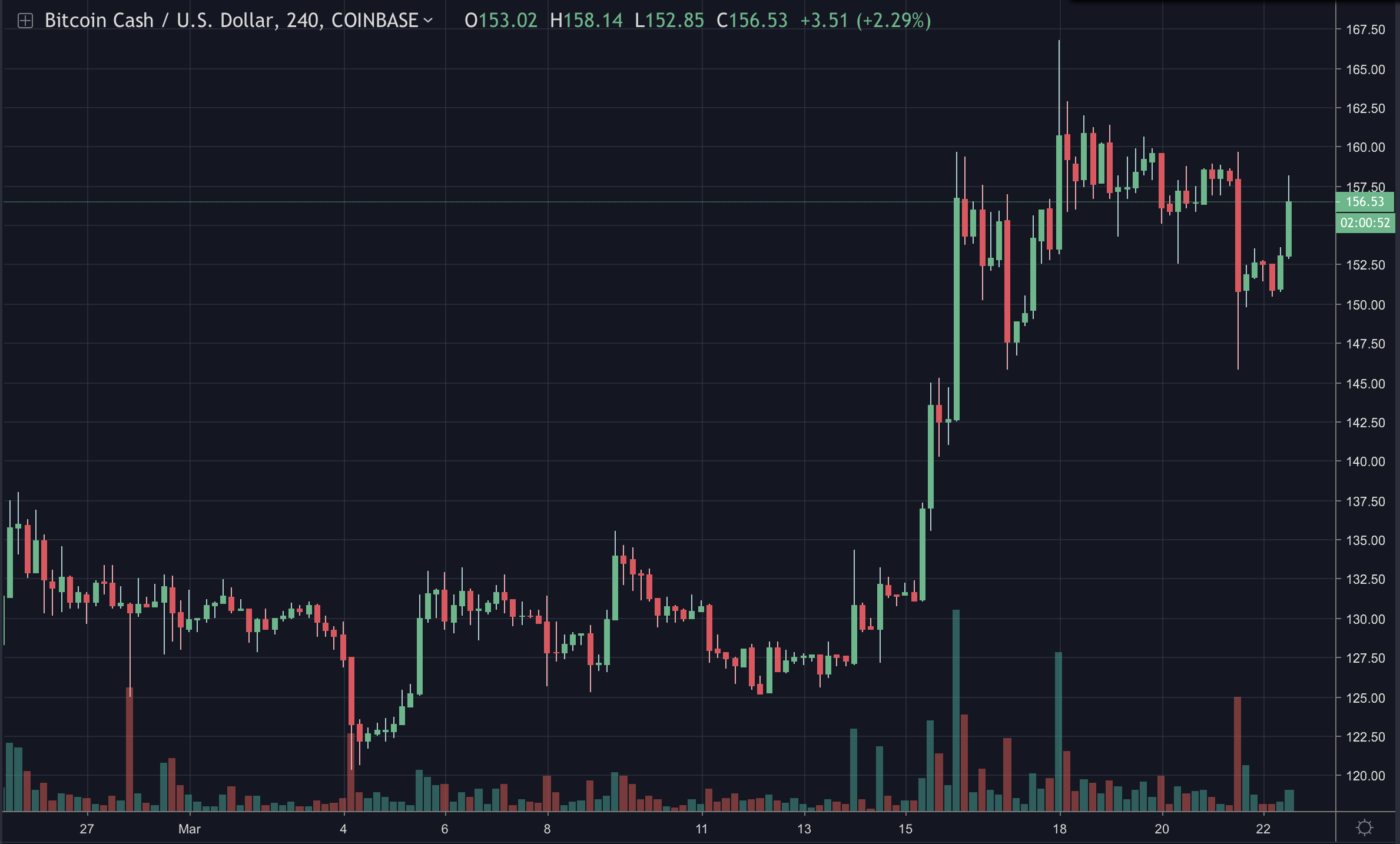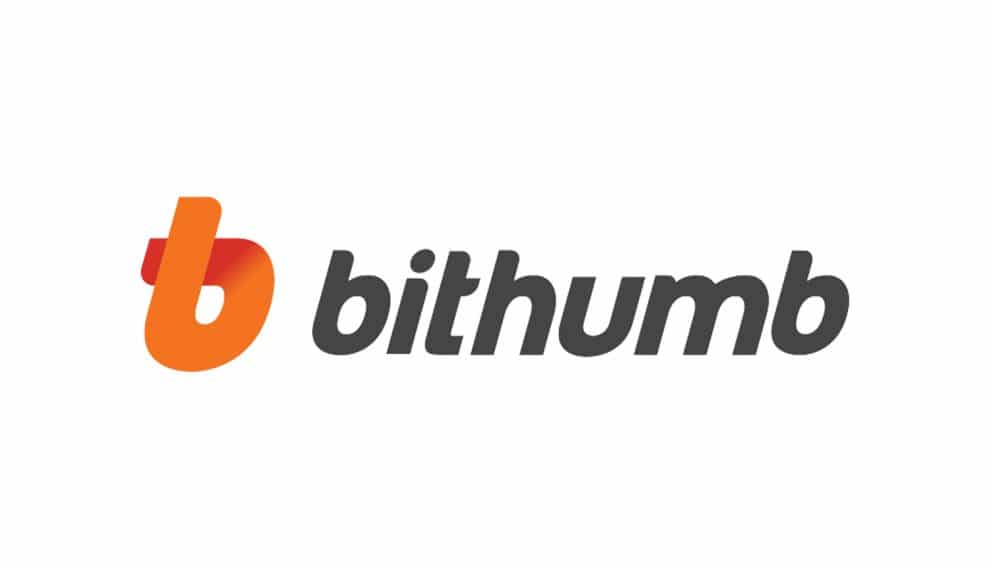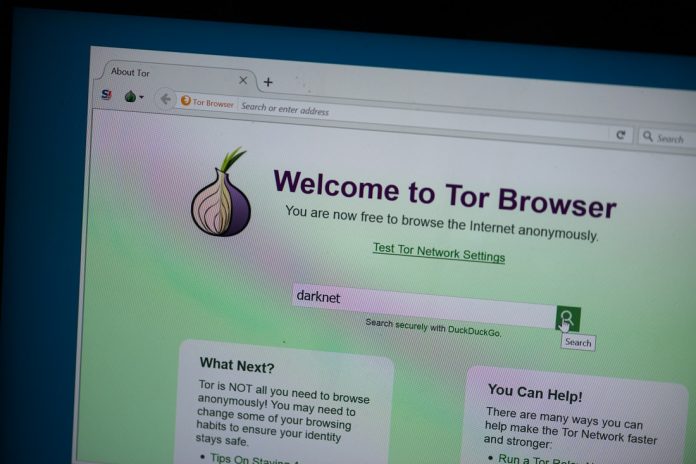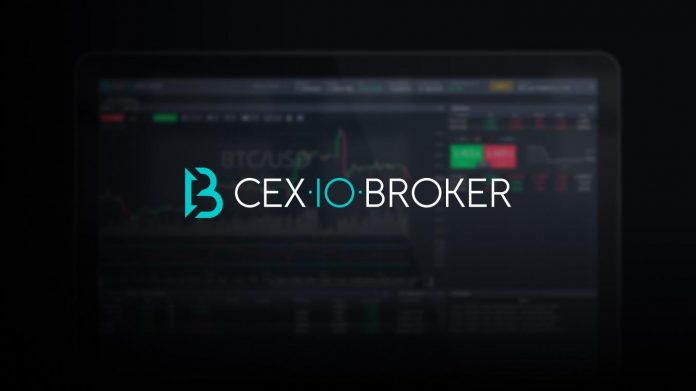46
Blockchain Technology / Beyond Cryptocurrency: The 3 Key Elements of Blockchain in Real Life
« on: March 23, 2019, 04:45:03 AM »
The crypto craze has been going on for over 10 years now and it seems like no one is getting enough of it. How have you been enjoying the boom of cryptocurrency trading? Is that all blockchain has to offer? Where else has blockchain been adopted in real life?
Thanks to blockchain, transferring money can be extremely efficient without geographical limitations. You don’t need to rely on remittance intermediaries (such as traditional service giants Western Union, PayPal, banks) to wire money overseas, which usually takes at least one working day to process. For people who regularly send money internationally, blockchain offers a faster option at a much lower rate 24/7. Plus, the request can almost always be completed instantly.
Another huge advantage of adopting blockchain to remittance is the high level of security it offers. Blockchain is not vulnerable to hacker’s attacks as it is decentralized and stored on a digital ledger that prevents people from creating fake data.
It’s best that traditional remittance companies embrace this new technology, or they might be losing out. Some financial institutions, including the Bank of England, have started to experiment with the technology on their payment system in order to serve blockchain users . It’s only a matter of time before digital remittance becomes commonplace globally.
2. Goodbye, copycats
The key challenge of the music industry, or of any creative industry, is how to protect the copyright of their creatives. Ever since the growing popularity of online streaming and social media platforms, it’s been difficult to identify the original creator, and almost impossible for artists to get paid for their works.
With blockchain smart contracts, artists can be assured that they can get their fair share when people use or download their works. When a song is being logged on a blockchain, it will be protected from fraud after the producer marks their name on the block, because no data can be changed once it’s uploaded.
We have already seen blockchain music companies such as Musicoin, Choon and eMusic, just to name a few, engage in smart contracts with songwriters. By eliminating third parties, artists and producers can get their rewards directly from fans.
3. It’s safer than ever, so save your paper
Can we say that blockchain is an eco-friendly invention?
One of blockchain’s goals is to eliminate physical records that are prone to forgery and editing. Going digital can ensure that your records are immutable. Whether you are buying a house or a car, storing your medical records, or creating a will for your family, blockchain is the perfect way to handle the ‘paperwork’.
Instead of having your details listed on a piece of paper, blockchain can store them on its network. It can clearly note the legal ownership of your property or facilitate a property transfer, privately store your medical records and only allow those who possess the key to access these data. Or you can create a digital will on the block that is legally binding and cannot be altered after you pass away.
Blockchain is definitely a game-changer that will continuously inspire people to build a better world. Which of these real-world blockchain applications is your favorite? What do you look forward to changing the most?
Source: https://dailyhodl.com/2019/03/22/beyond-cryptocurrency-the-3-key-elements-of-blockchain-in-real-life/



 Latest news:
Latest news: 





 Shop
Shop



